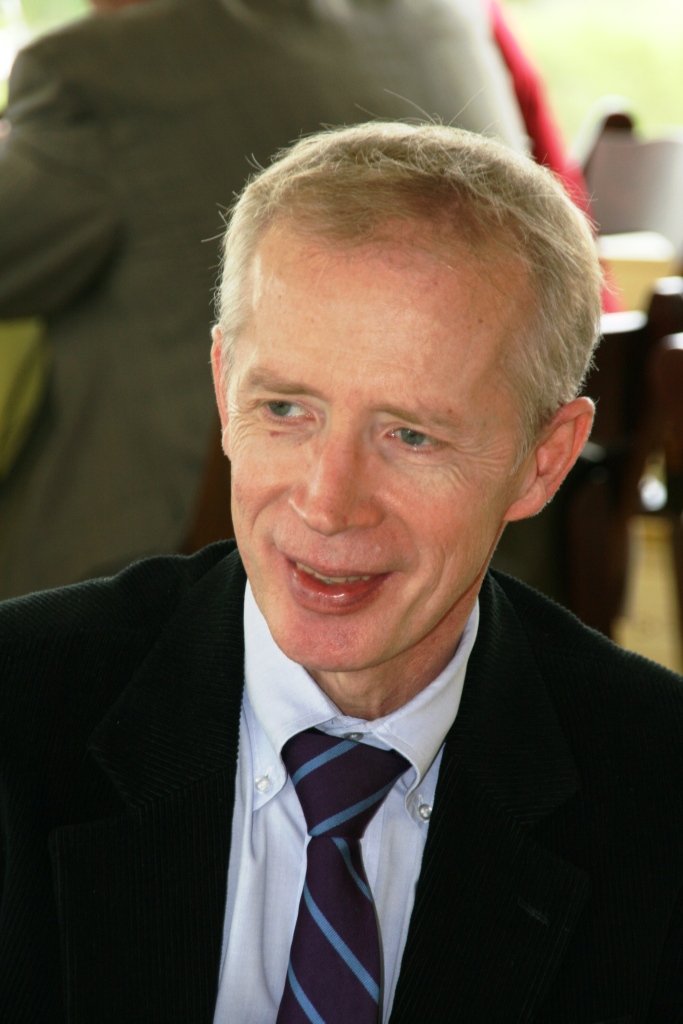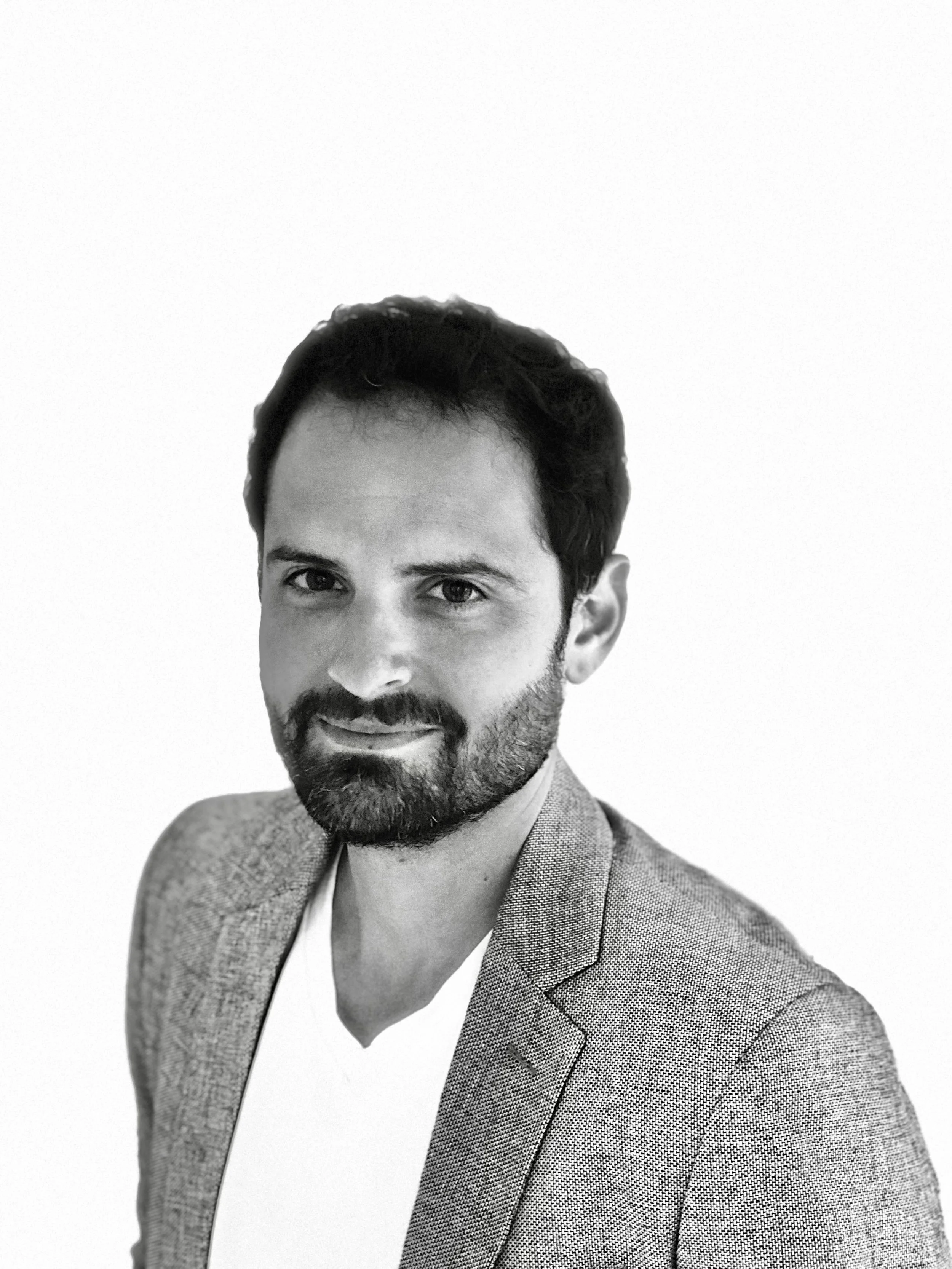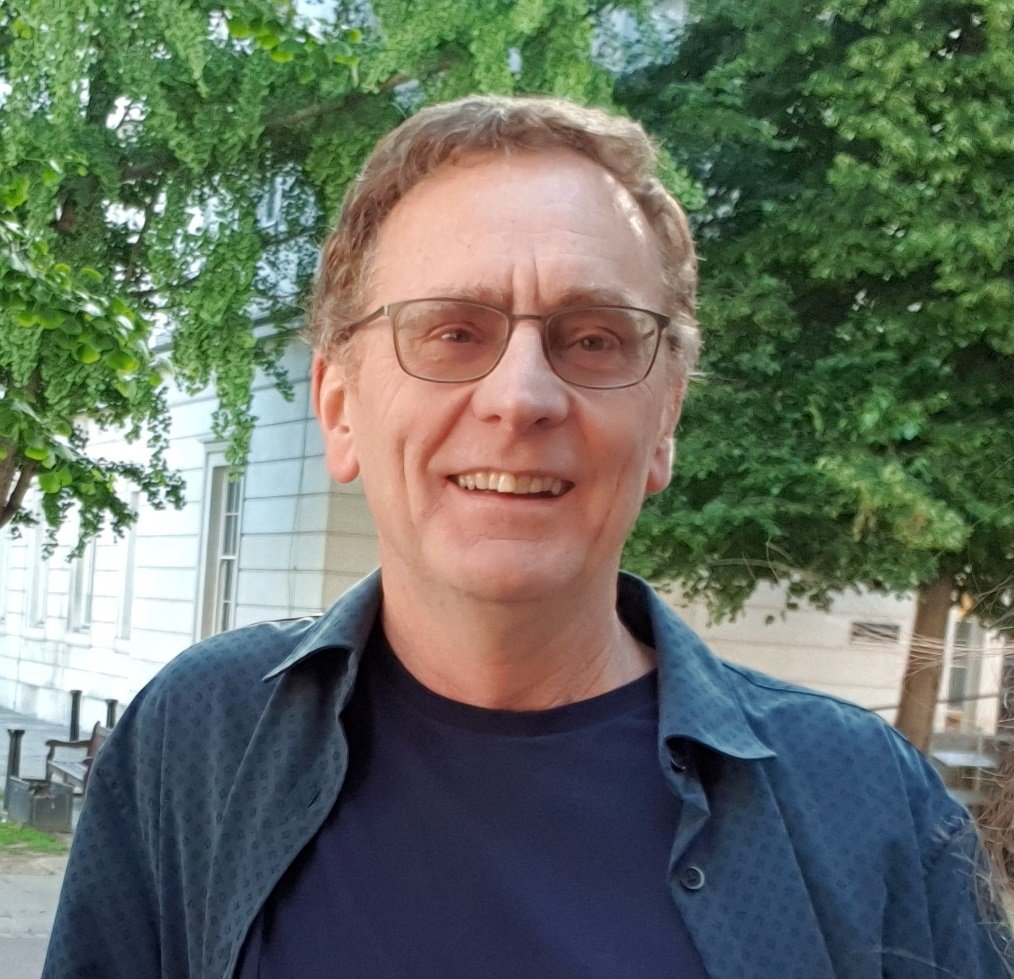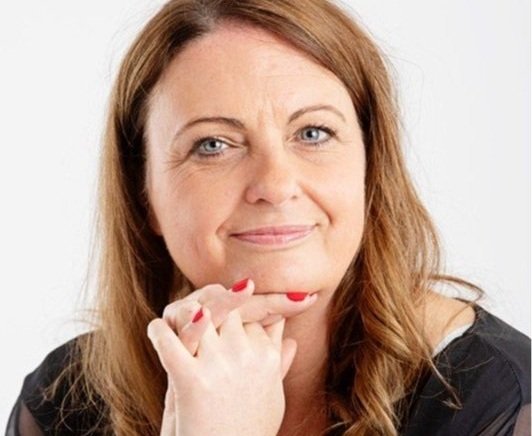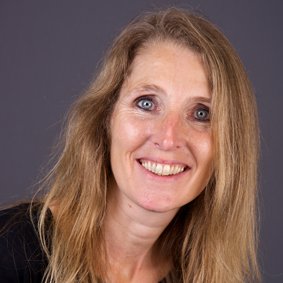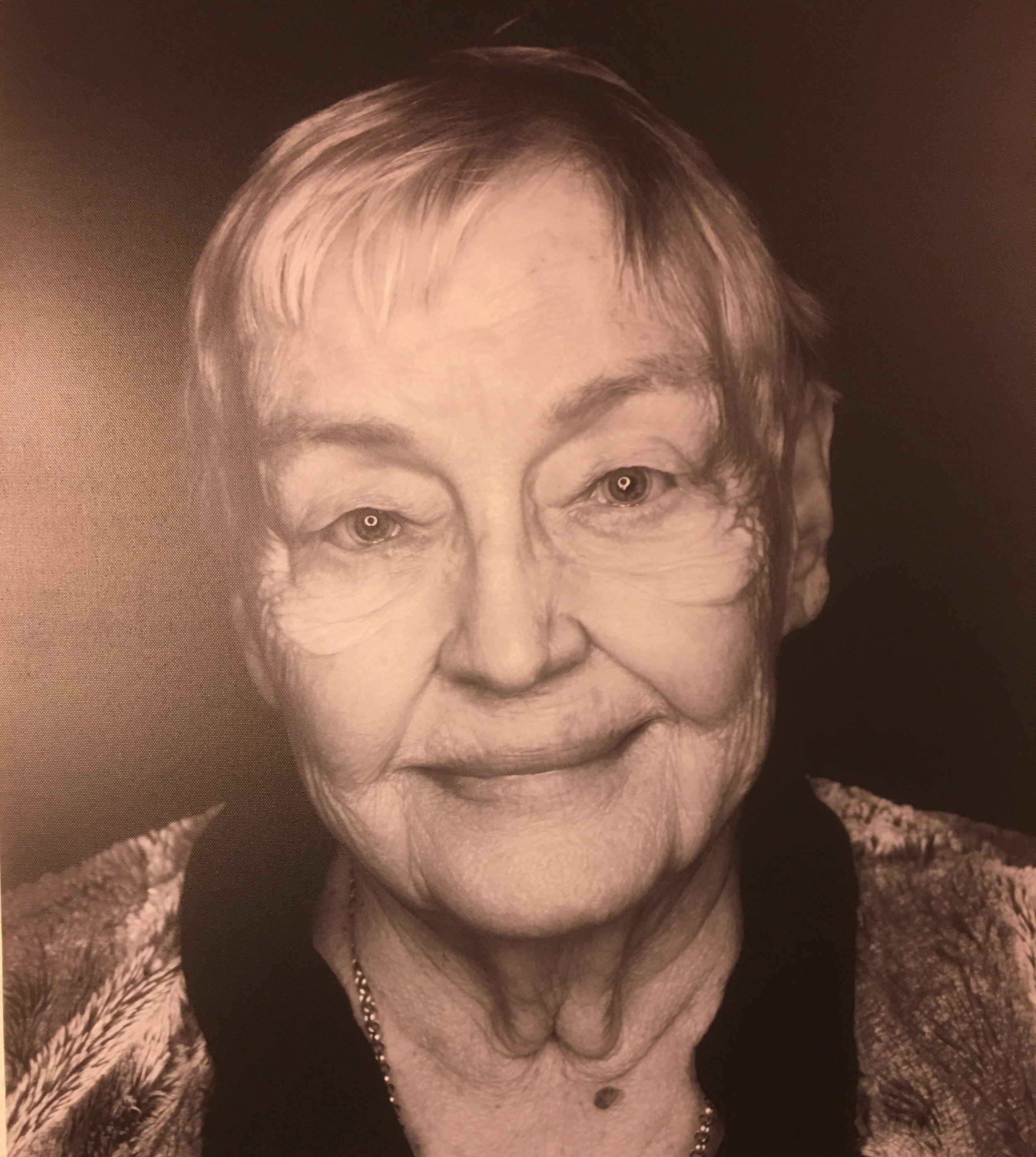The "Better Angels" of Masculinity
Image: 'Jacob Wrestling with the Angel'. Oil on canvas by Alexander Louis Leloir, 1865.
John Barry's recent article about how the World Health Organization now views masculinity in a negative light reminds us of the shaming of men and masculinity by the American Psychological Association not long before. These are scientific agencies with global reach and whose core duties are to educate and heal the public.
But shame is neither healing nor educational.
Blank stares and shrugs also meet the research data Barry further cites, suggesting males with better mental health are those who believe that masculinity helps them behave in prosocial ways.
Whatever it may be that causes men to be labeled as possessing “toxic masculinity,” people cannot be positively motivated by shame. If they are to transform for the better, they need a path to learn how to be good, then be given the opportunity to do good with it.
While “being good” is the domain of character growth, “doing good,” for men, is what makes masculinity an indispensable necessity, the energy of inspired action.
“Being Good”: Character and Virtue, Narcissism and Vice
The Bell Curve of men contains all kinds of men who do all kinds of things—good, bad, and in many cases, not much of either consequence.
Some men do indeed do terrible things, but not even remotely all men. Some studies show that as little as 1% of a total population is guilty of greater than 60% of all violent crimes. These terrible few are the criminals.
Many more are men who want to do good in the world but simply can’t find the resources, the path, the place, or the timing to do so effectively. Still, they keep looking, wounded kings who’ve lost their kingdoms and their way.
“Masculinity is a set of masculine instincts—whose expression and use generate and are energized by the feeling of passion for life.”
Other men are more self-concerned, not driven to do bad toward others, but being creatures of opportunity, not particularly concerned with doing good either. In some quiet, lonely moments late at night, the self-serving opportunist suffers a faint realization that lives absent of generosity toward others lack any real meaning.
A last, small group of men have already discovered heroism—perhaps as few on the Bell Curve as there are true criminals, but of the opposite persuasion.
Heroes somehow found their way to character growth and virtue—how to be good—but also the positive sense of their masculinity, mentioned by Barry, which makes it possible to have the energy, drive, and vitality to actually DO good.
Instead of being distracted by how horribly toxic all men of any background are accused of being, men need to find their "better angels," a potential of higher character we all possess, as was long ago observed by Abraham Lincoln.
If “toxicity” were anything other than an insult, we wouldn’t utter it. We’d use the legitimate, longstanding, and far more psychologically rigorous synonym, narcissism—present to some degree in all people, depending on how much effort they’ve done on their character growth.
There is no “toxic masculinity.” There are only narcissistic males, narcissistic females, virtuous males, and virtuous females, all of whom have adult choices about how they want to conduct themselves.
“Doing Good”: Masculinity and Passion, Shame and Rage
Martin Seager has studied masculine Jungian Archetypes and found three universal behaviors in men seen in cultures around the world.
Game Designer Mike Hill has a knack for describing the Jungian Archetypes and how their embodiment and expression produces a positive energy, an energizing effect, “enjoyed by the psyche.” He covers this in a Jungian analysis of the film, Jurassic Park.
When Freud coined the term, libido, he was not talking merely of “sexual appetite,” but of an energy of passion, vitality, or “life force.” This is similar to what Hill is referring to by the energizing effects of the archetypes.
Notice how we use the word passion, then. It is only used in two general ways:
a.) that pertaining to sexuality ("romantic passion") and…
b.) that pertaining to the continuum of life and death ("crimes of passion," one's "passion for life.”)
Notice further that these two exclusive uses of the word passion correlate with the two variables in the famous discovery of Darwin: survival and reproduction.
Passion = Survival + Reproduction
Evolutionary psychologists refer to our instincts as unconscious behaviors (much like Jungian Archetypes) that promote the survival and reproduction of an individual and the species.
This means that “archetypes” are synonymous with instincts, which are also universal, unconscious, and automatic. Not only that, but they promote the passion of feeling alive.
Jung, and those succeeding him, such as Jean Shinoda Bolen (The Goddesses in Every Woman) posited that there are specific masculine and feminine archetypes.
We may, then, now know what “masculinity” is. Masculinity is a set of masculine instincts—whose expression and use generate and are energized by the feeling of passion for life.
When accessing this energy, men are more equipped to do productive work, to love deeply, to do the dirty jobs of society, and to defend the home, the family, the community, and the nation.
To be heroic.
When they are shamed instead, cut down in their masculinity, men are rendered more passionless, “less alive,” dysthymic, and less full of vitality. In the very depths of this, they may even be suicidal. After all, they comprise nearly 80% of those completing the act.
Building Better Angels
The way men use their character virtue to be good to others needs this energy of passion—masculinity—to do good out in the world with their good character. Both masculinity and character are necessary to make a hero.
Masculinity and character virtue are on two separate continuums, which means that we can view how these two traits interact by depicting them on a four-squared grid.
“The Wounded King—like that of the Grail legends—is a good but powerless man waiting to be brought back to life.”
On the X-axis, there is high masculinity (and passion for life) on one end, with low masculinity (and inner shame or outer rage) on the other end.
On the Y-axis, there is high character virtue (and goodness) on the upper end, with low character (narcissism) on the lower end of the spectrum of maturity.
These are two different variables of behavior that operate independently of each other, but we need to see their separate effects on behavior play out simultaneously. Then we can more clearly and accurately see the man as he really is.
What we arrive at is a grid, as below:
The Criminal is immature and narcissistic, lacking in boundaries, ethics or wisdom. But he is also devoid of the feeling of being alive. Otherwise, he wouldn’t feel the impulse to steal, cheat or harm others. He’d be happy with how things already are in his life.
The Opportunist is selfish but charming, manipulative but charismatic. He is not out to intentionally harm others and is more focused on his personal welfare with which he is quite satisfied, and so there is no impetus toward the desperation of criminality. Yet, what remains of his life is a lack of meaning that generosity for others fosters.
The Wounded King—like that of the Grail legends—is a good but powerless man waiting to be brought back to life. He is the impotent Samson without his hair, the well-intentioned but ineffective Luke Skywalker without his lightsaber.
Blocked from either their sources of masculine passion or the mentorship and learning that leads to character growth, none of the three will go on to become heroes.
“Shame does dual harm. It directly diminishes masculinity, leading one to feel something less than fully alive. But it can also be traumatizing to the psyche, sending it into a regressed state”.
The Hero is mature and virtuous of character, but he is not impotent. To the contrary, he is also full of vitality and passion—full of the masculinity taken into benevolent actions that are only made possible through his accessible and expressible masculine instincts.
Shame does dual harm. It directly diminishes masculinity, leading one to feel something less than fully alive. But it can also be traumatizing to the psyche, sending it into a regressed state with some of the same features as those of the narcissist.
This developmental regression can be heard in songs and poems that are easily understood on this count. "I'm half the man I used to be," speaks to this, as does the traumatized man uttering in the mirror, "I don't even recognize myself anymore."
Shame’s cumulative trauma can wear away at the psyche of even the hero this way, and lead to a slow, wearying descent for all four states of males, in ever-diminishing masculine vitality, and ever-dwindling character strength:
The only possibility of a positive outcome for us all would be for the narcissistic lower two states to find a path to growing higher character, not further shamed and traumatized masculinity.
Finding character virtue growth experiences is precisely the stuff of newer psychologies such as Positive Psychology/Positive Masculinity, Cognitive Analytical Therapy, and any psychoanalytic/psychodynamic tradition, including that of Jungian Analysis.
If only there were a unified, rigorous, formal therapy specific to masculine healing. The closest approximations we have today are the organic masculine process of today’s men’s groups and the supportive empathy of trauma work in EMDR and Inner Child Work. These have the potential to lift many of even the narcissistically traumatized.
Both shame and character pathology are aided by good trauma work, and it has been said that trauma work should be a universal aspect of psychotherapy for males.
“Males can develop toward heroic potential through either of these pathways: to heal from shame (grow more, not less masculinity) with equal effort at the growth of character maturity that sheds narcissism.”
All four states in men can be repaired in these ways, the only chance of us finding the healing, growth, and harmony we want from men and ourselves.
Males can develop toward heroic potential through either of these pathways: to heal from shame (grow more, not less masculinity) with equal effort at the growth of character maturity that sheds narcissism.
It is the only possible way to make heroes—if that's what we genuinely want to see of men. The emerging models in Positive Masculinity and Male Psychology are the starting point of what will genuinely help men grow to the benefit of society. Not all men are striving to be heroes or kings, and their default is not to be worse angels, but society must improve too, and understand that continually casting men in a negative light - in the media, academia and elsewhere - will not bring out the best in men.
Bullies and their narcissistic insults will always exist, but the fields that encourage men's "better angels" to take flight are the only viable path to a better future for us all.
Scroll down to join the discussion
Disclaimer: This article is for information purposes only and is not a substitute for therapy, legal advice, or other professional opinion. Never disregard such advice because of this article or anything else you have read from the Centre for Male Psychology. The views expressed here do not necessarily reflect those of, or are endorsed by, The Centre for Male Psychology, and we cannot be held responsible for these views. Read our full disclaimer here.
Like our articles?
Click here to subscribe to our FREE newsletter and be first
to hear about news, events, and publications.
Have you got something to say?
Check out our submissions page to find out how to write for us.
.







































